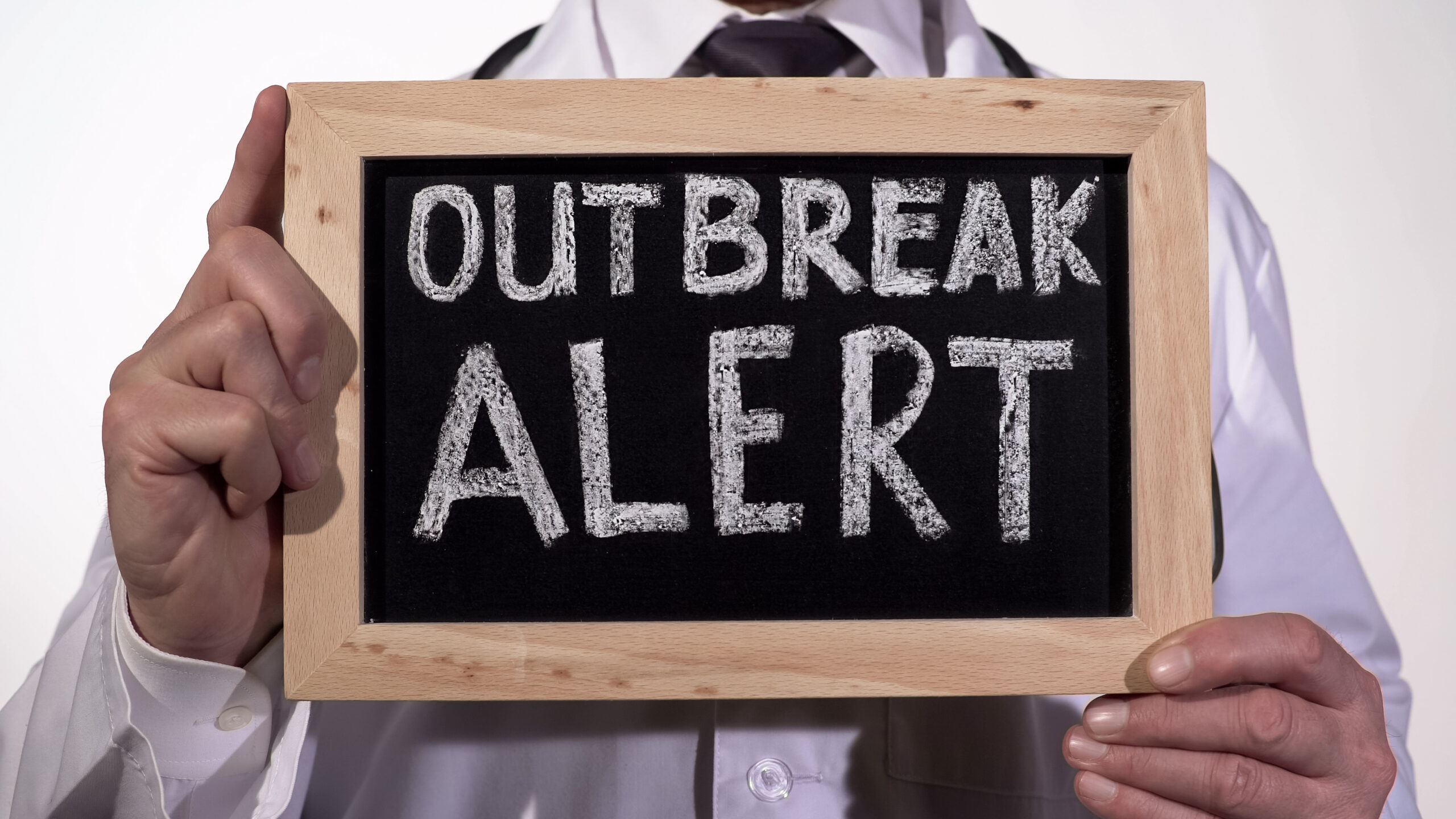Are We Screwed? Alert: USDA-APHIS Issues Urgent Warning on Equine Health Risk
Urgent Equine Health Update from USDA-APHIS as of December 6, 2024
On November 22, 2024, the Chief Veterinary Officer of Mexico notified the United States Department of Agriculture’s Animal and Plant Health Inspection Service (APHIS) of a positive detection of New World screwworm in Mexico.
New World screwworm (NWS, Cochliomyia hominivorax) is a devastating pest of livestock that is not currently present in the United States. NWS maggots can infest livestock and other warm-blooded animals, including people. They most often enter an animal through an open wound or mucous membranes and feed on the animal’s living flesh. NWS larvae do not feed on dead tissue or carrion. Untreated screwworm infestations can be fatal.
NWS is endemic in Cuba, Haiti, the Dominican Republic, and countries in South America. Since 2006, the United States and Panama have maintained a barrier zone in eastern Panama intended to prevent NWS from moving north from South America to screwworm-free areas in Central and North America. However, since 2023, cases have been increasing in number and spreading north from Panama to Costa Rica, Nicaragua, Honduras, Guatemala, and now Mexico.
Given the severity of the threat from NWS, APHIS is currently restricting the import of livestock, including equines, into the United States from Mexico, pending further information from Mexican veterinary authorities on the size and scope of the infestation.
Once established, import requirements for horses originating from or that have resided in Mexico within the 60 days immediately preceding export to the United States will reflect the current established import screwworm protocol for horses outlined in eCFR :: 9 CFR 93.308 — Quarantine requirements and VSG 13424.1 Procedures for the Import of Equines Into the United States and Approved Quarantine Facilities. This includes pre-export treatment and examination, as well as treatment, examinations, and a 7- day quarantine in a permanent import quarantine facility upon arrival.
APHIS is aware that people do illegally import equines from Mexico, and stray equines cross the border. An infested equine could introduce NWS into the United States. Therefore, APHIS seeks to increase awareness in those handling equines in the United States about signs of NWS infestation.
What to look for:
-
Check your pets and livestock for draining or enlarging wounds, and signs of discomfort such as irritated behavior and headshaking.
-
Also look for screwworm larvae (maggots) or eggs. Screwworm eggs are creamy and white and are deposited on near the edges of superficial wounds.
-
This pest can infest a wide variety of wounds, from tick bites to cuts and dehorning or branding wounds.
-
Infestations are very common in the navels of newborn animals, nasal or eye openings, and genitalia.
If you suspect an animal is infested with screwworm, immediately contact your local accredited veterinarian, state animal health official, or APHIS veterinarian.
Detailed information about screwworms is available on the APHIS and Centers for Disease Control and Prevention websites.

